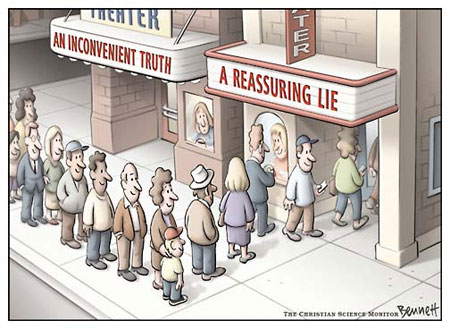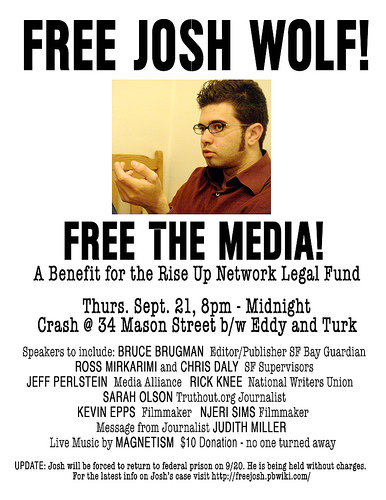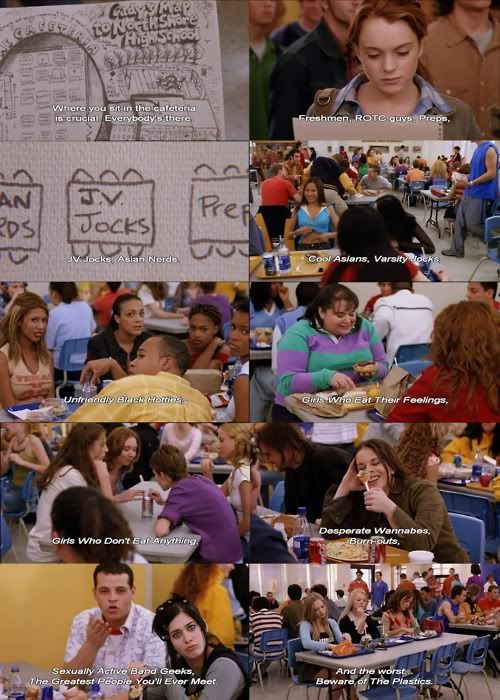Some people may take what on Internet literally but certainly I’m not one of them. As I mentioned in my Social Media post, most people on Internet could be trolling for fun. And again as I mentioned on my first post, I had lost count on how many times Justin Bieber died. But he’s still breathing now, isn’t he? (or is he?) It could be some meaningless rumours like that.
Hey Justin. You're dead again?
Remember the shepherd boy and the lost sheep story (The Boy Who Cried Wolf - Aesop Fables) that our mom used to tell when we were young? The shepherd that lied that his sheep had been eaten by the wolf and when the sheep really were eaten by the wolf nobody believes him; that’s the perfect analogy for Internet. When the news about Amy Winehouse died appeared on the net, I dismissed it as being another Internet rumours and trolling but the fact remains that Amy Winehouse did die. (R.I.P Amy)
R.I.P Amy :'(
So, it is hard to decide on what news to believe and what to dismiss on the net. My advice is hmm let’s check from the most reliable sources like official news website like CNN, TM Insider.


















































